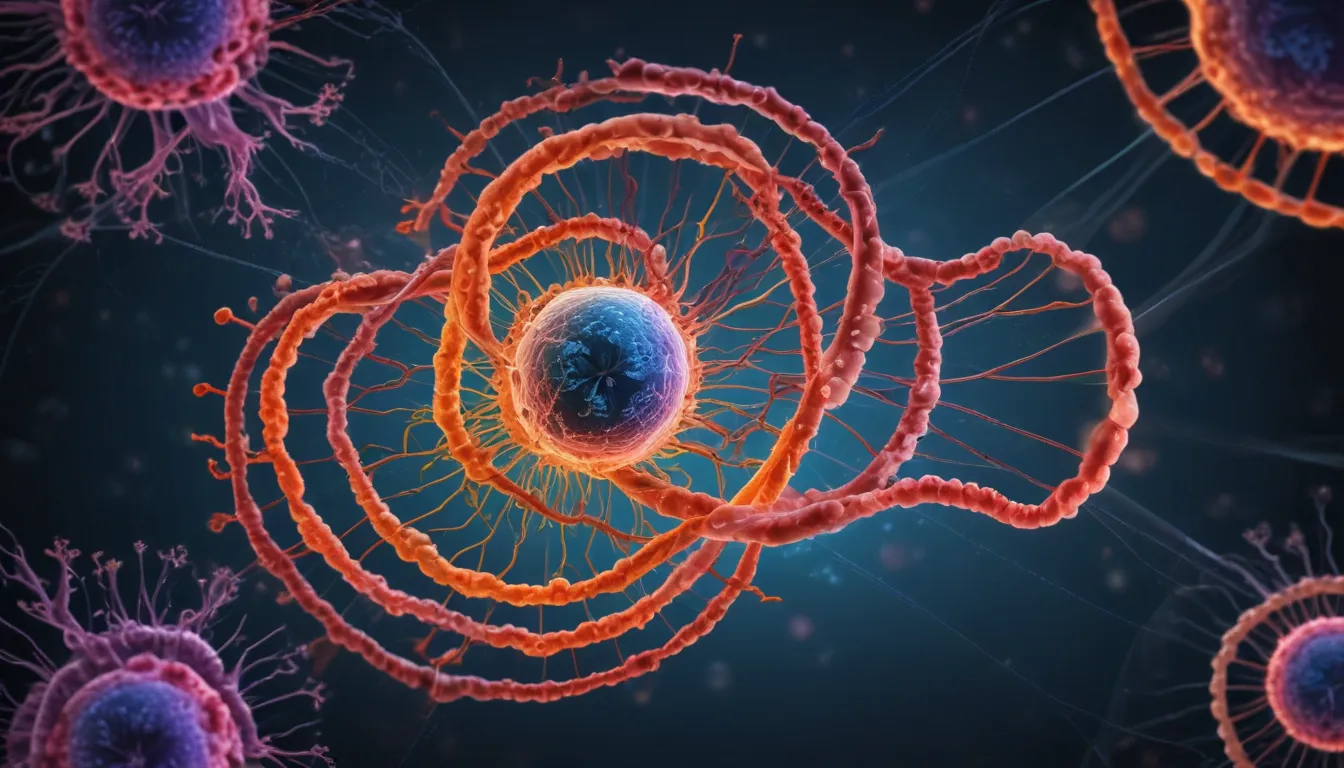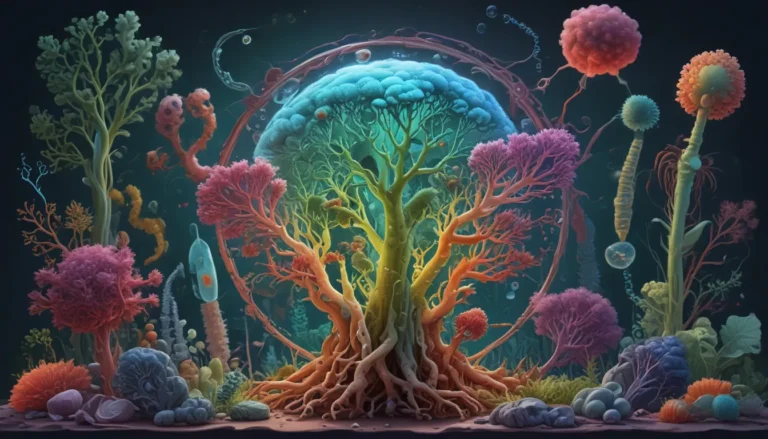A Note About Images: The images used in our articles are for illustration purposes only and may not exactly match the content. They are meant to engage readers, but the text should be relied upon for accurate information.
In the realm of cancer research, understanding the complexities of cell cycle regulation is paramount. The cell cycle is a sophisticated process that orchestrates the growth and division of cells, ensuring precise replication. However, in cancer, this regulation malfunctions, leading to uncontrolled cell growth and proliferation.
Delving into the Fascinating World of Cell Cycle Regulation in Cancer
Let’s embark on a journey to explore 18 astonishing facts about cell cycle regulation in cancer. From the pivotal role of tumor suppressor genes and oncogenes to the mechanisms that underlie cell cycle dysregulation, we will unravel the captivating realm of cancer biology. By delving into these facts, we can gain profound insights into the causes and progression of cancer, as well as illuminate potential therapeutic targets and treatment strategies.
Understanding Cell Cycle Dysregulation in Cancer
In cancer, the normal process of cell cycle regulation is disrupted, leading to uncontrolled cell division and the formation of tumors. Genes encoding proteins crucial for controlling the cell cycle, such as p53 and cyclin-dependent kinases, are often mutated in cancer, contributing to the loss of cell cycle control. Disturbances in checkpoints like the G1 phase can lead to uncontrolled cell growth and cancer development.
Activated oncogenes drive the cell cycle forward, bypassing regulatory mechanisms, while tumor suppressor genes like p53, BRCA1, and BRCA2 play a vital role in preventing cancer by regulating the cell cycle and promoting DNA repair. Abnormalities in DNA repair genes, such as those involved in homologous recombination, can result in the accumulation of genetic mutations, contributing to cancer initiation and progression.
Targeted Therapies and Strategies for Cancer Treatment
Chemotherapy often targets the cell cycle by interfering with cell division or DNA replication. Cyclin-dependent kinases (CDKs) are key enzymes that control the cell cycle by phosphorylating proteins involved in regulation. Dysregulation of CDK activity is a hallmark of cancer, leading to uncontrolled cell division.
The tumor microenvironment, encompassing factors like growth factors and oxygen levels, can influence cell cycle progression and impact cancer development. Telomeres, which protect chromosome ends, play a role in cell cycle control, and genomic instability, often seen in cancer cells, disrupts proper cell cycle regulation. By targeting cell cycle regulators, novel therapies show promise in cancer treatment.
Promising Paths in Cancer Research and Treatment
Understanding cell cycle dysregulation in cancer is essential for developing new strategies to combat this disease. Researchers have made significant strides in uncovering factors contributing to dysregulation, leading to targeted therapies addressing underlying issues in cancer cells. By studying the cell cycle and its regulation in cancer, scientists are gaining valuable insights into the disease’s behavior and progression, paving the way for early detection, predictive outcomes, and personalized treatment plans.
FAQs: Unraveling the Inquiries About Cell Cycle Regulation in Cancer
- What is cell cycle regulation?
-
Cell cycle regulation governs the progression of a cell through its life cycle phases, including growth, DNA replication, and division.
-
How is cell cycle regulation disrupted in cancer?
-
Genetic mutations and alterations in signaling pathways disrupt cell cycle regulation in cancer, leading to uncontrolled cell proliferation and tumor formation.
-
What factors contribute to cell cycle dysregulation in cancer?
-
Oncogenes, tumor suppressor genes, cyclins, cyclin-dependent kinases (CDKs), and checkpoints monitor cell cycle progression and contribute to dysregulation in cancer.
-
How is studying cell cycle regulation in cancer beneficial?
-
Studying cell cycle regulation in cancer helps us understand the disease’s mechanisms, identify therapeutic targets, and develop personalized treatment strategies.
-
Can cell cycle dysregulation in cancer be reversed?
- While complete reversal is challenging, targeted therapies addressing dysregulated pathways can slow tumor growth and improve patient outcomes.
Embark on a Journey of Discovery in Cancer Research
Unraveling the intricacies of cell cycle regulation in cancer unveils a deeper understanding of this complex disease. Dive into the roles of oncogenes and tumor suppressor genes, explore the fascinating process of apoptosis, and uncover how epigenetic modifications impact cancer. With ongoing advancements in research and technology, we move closer to deciphering the mysteries of cell cycle regulation in cancer, paving the way for innovative and effective therapies that enhance the lives of cancer patients worldwide.






